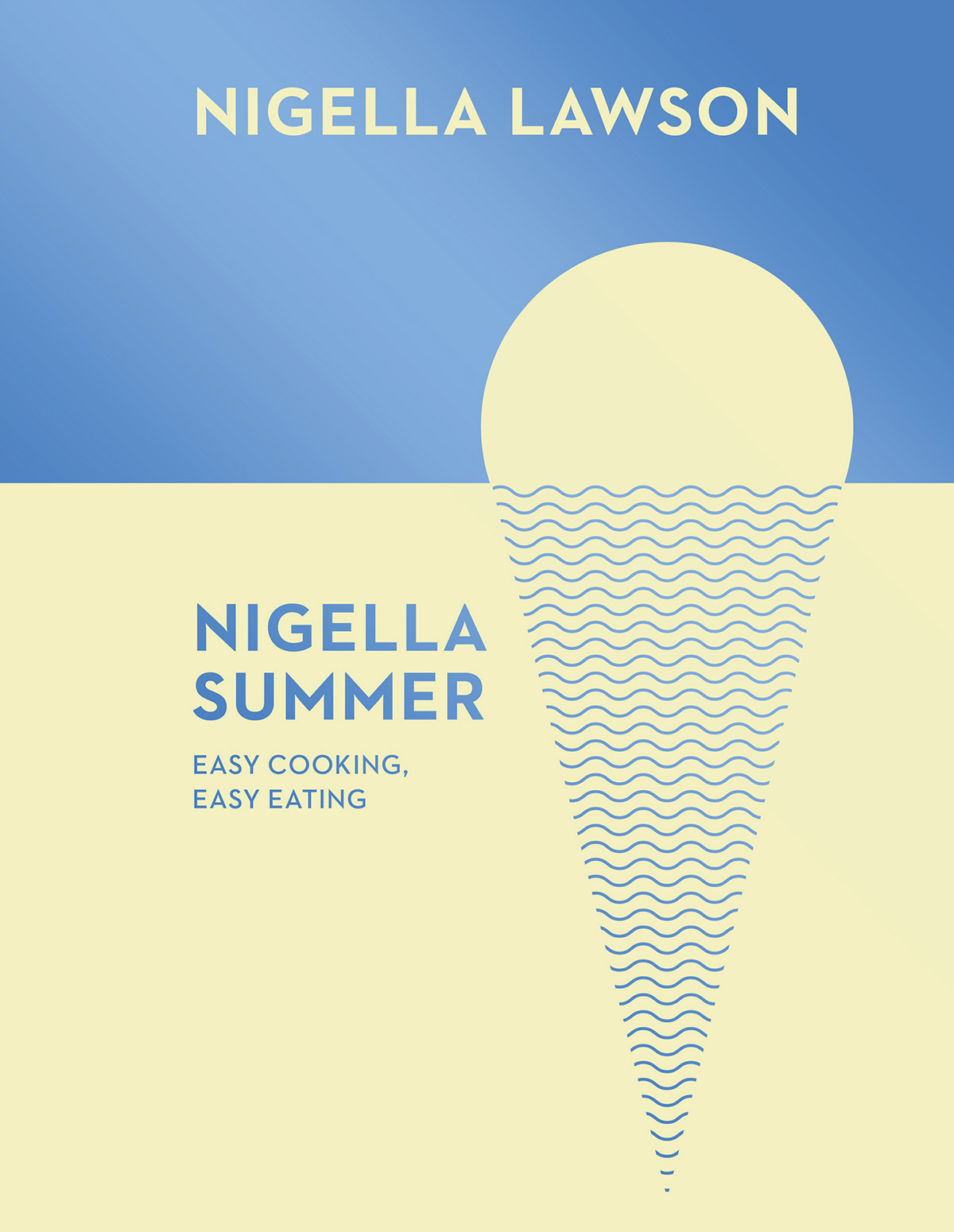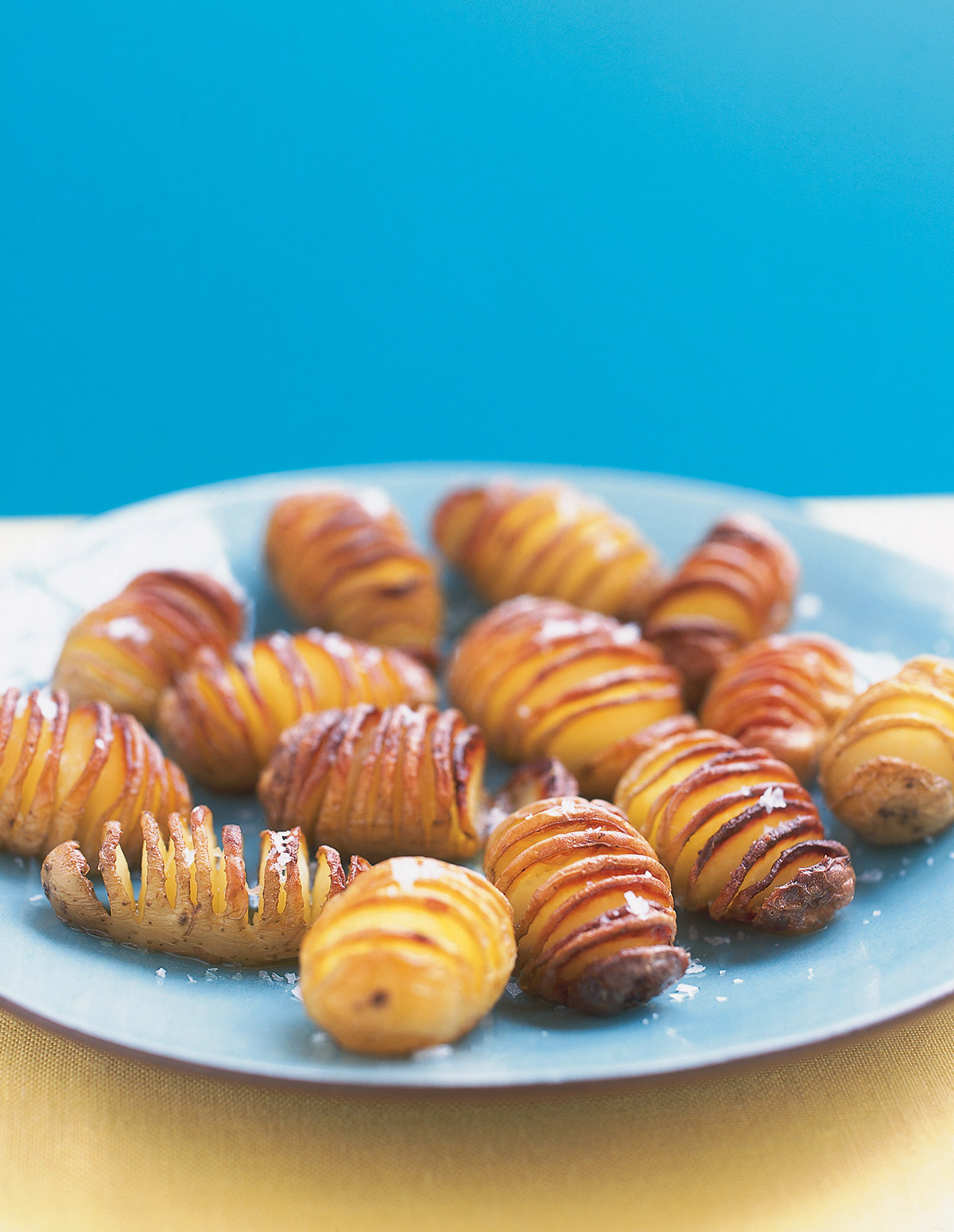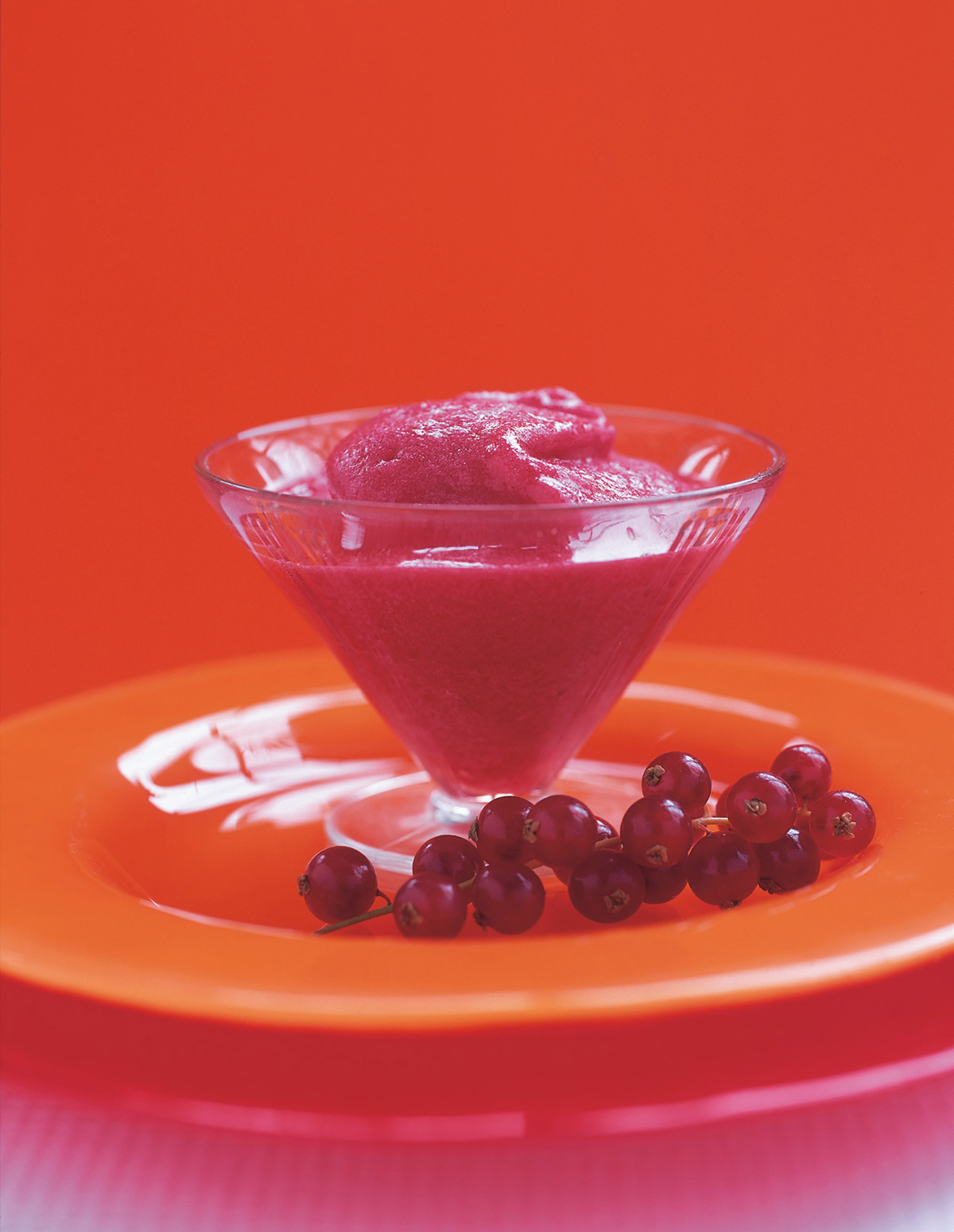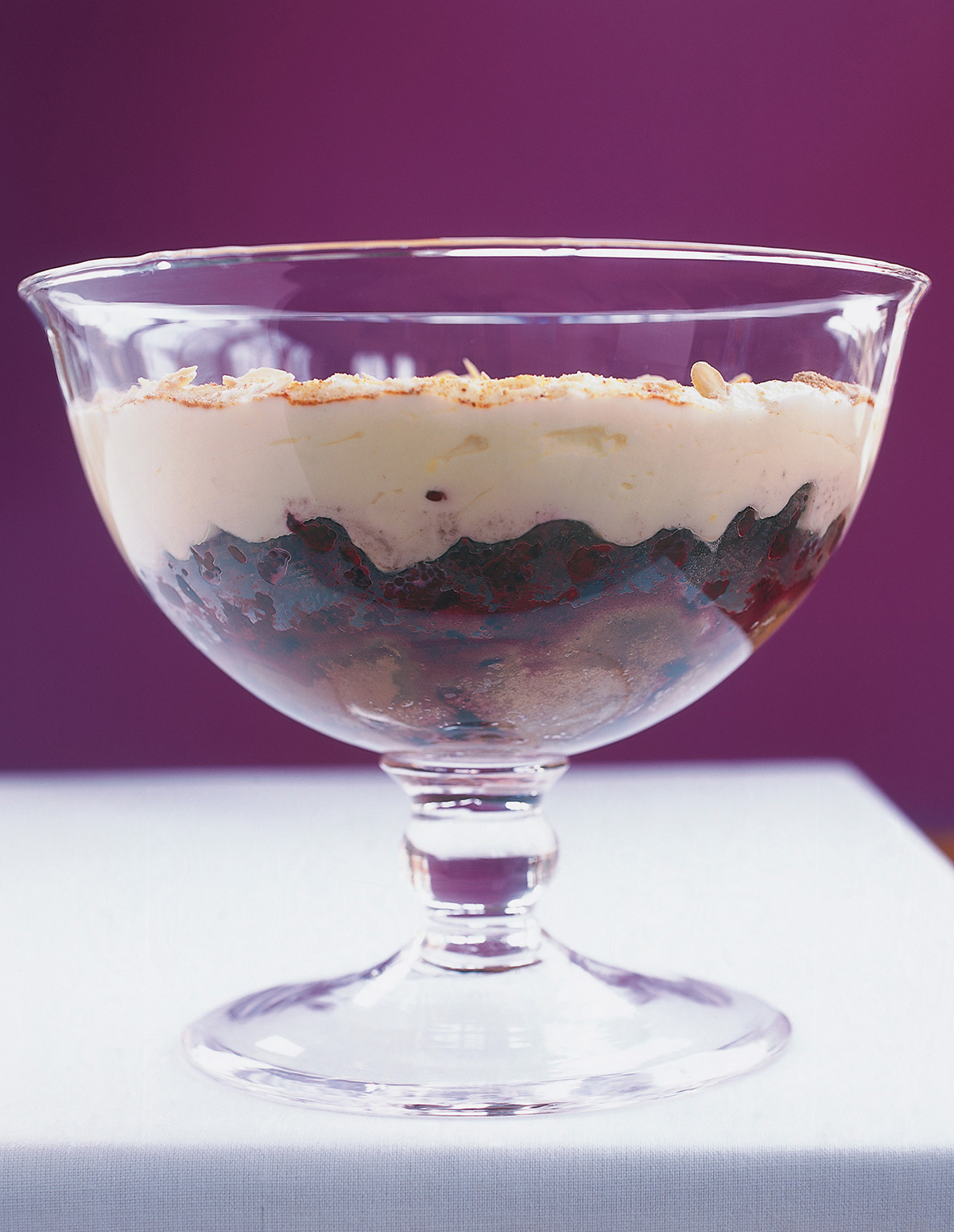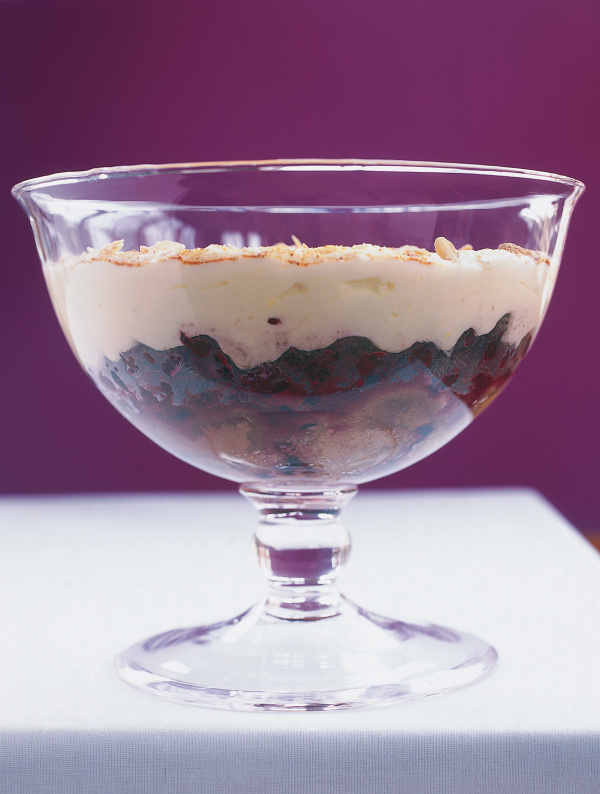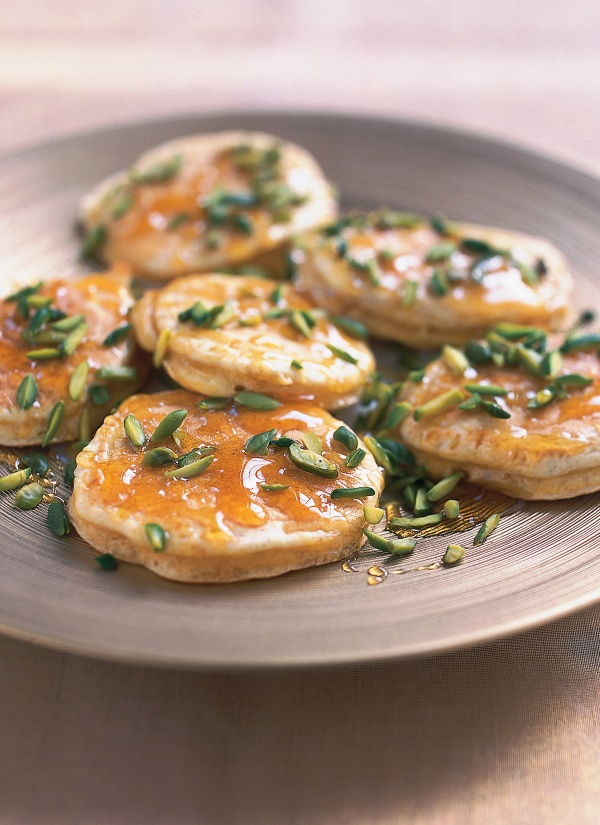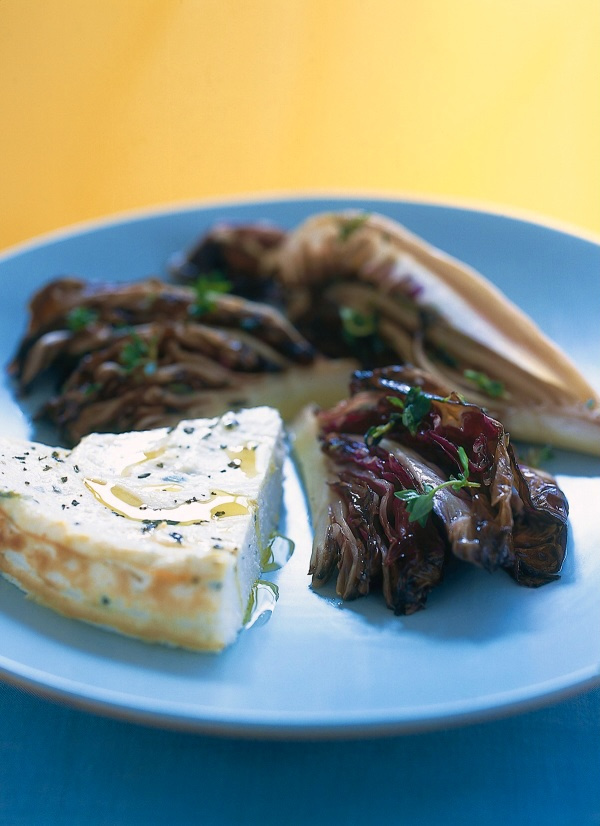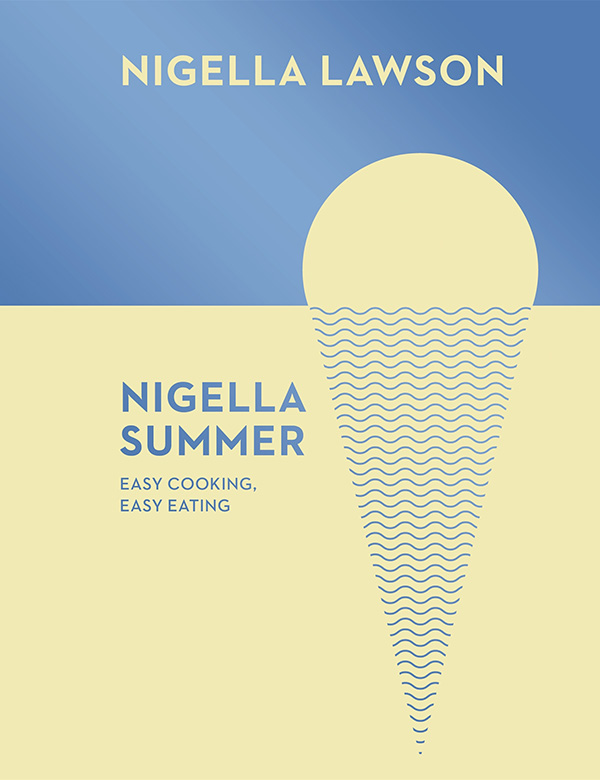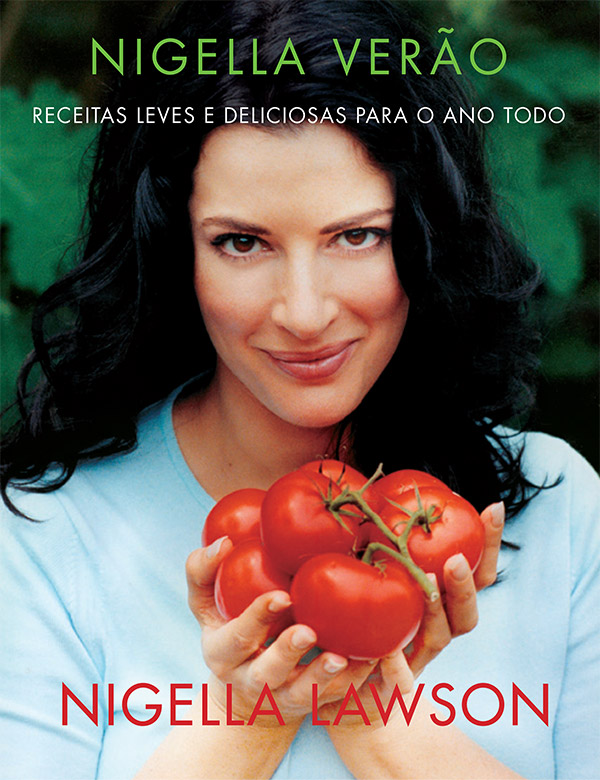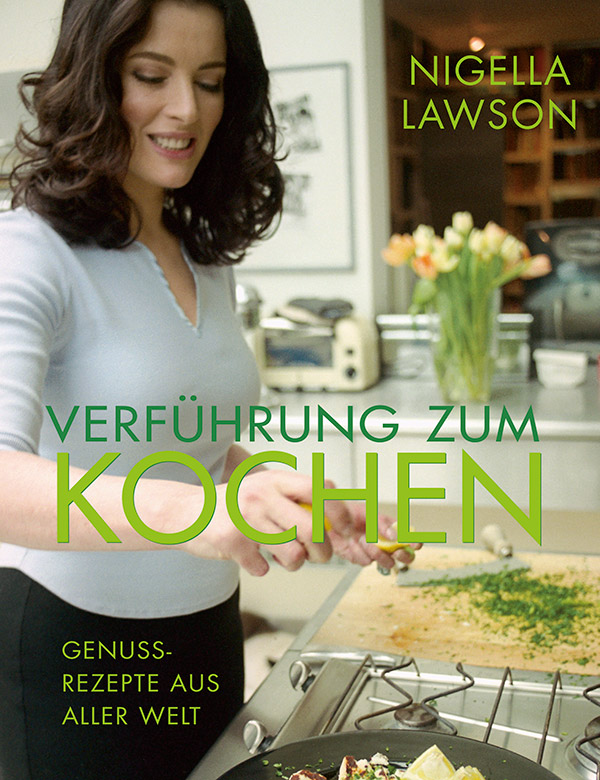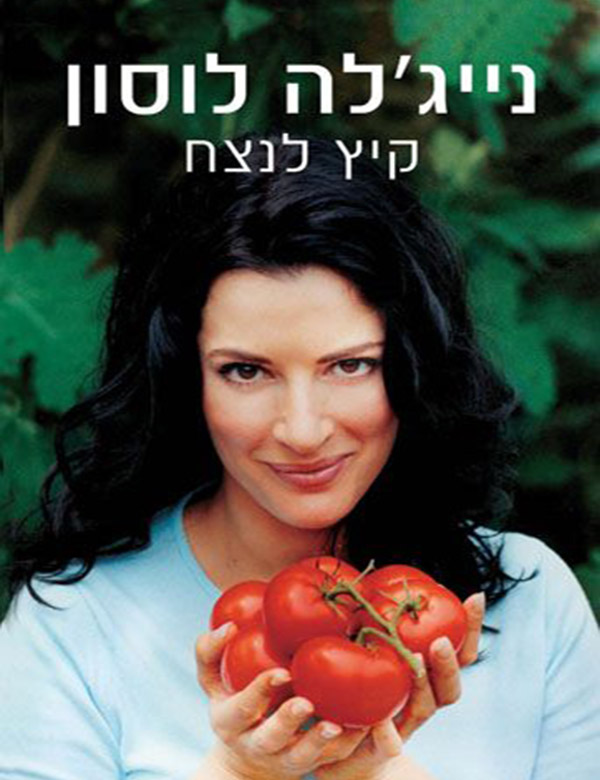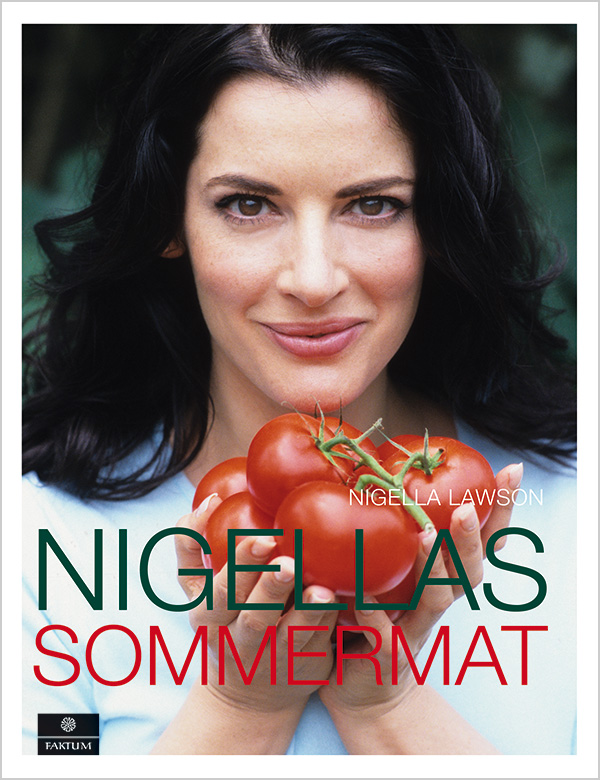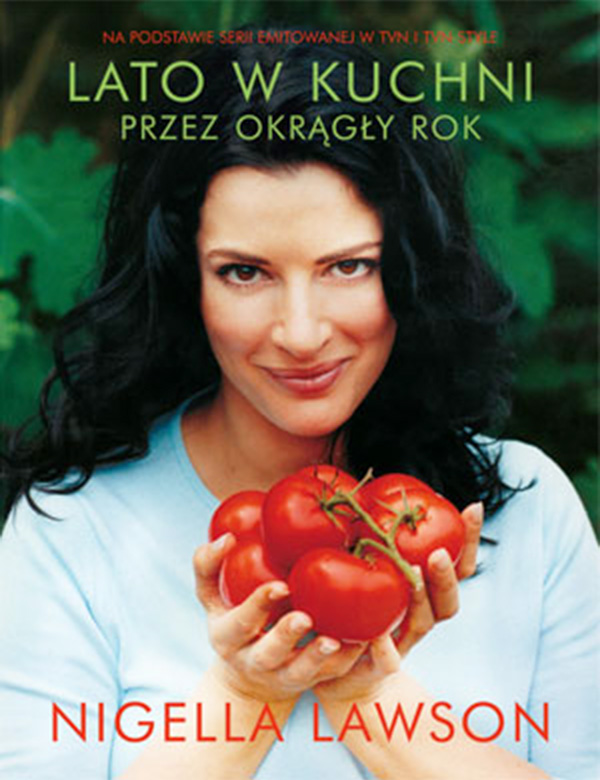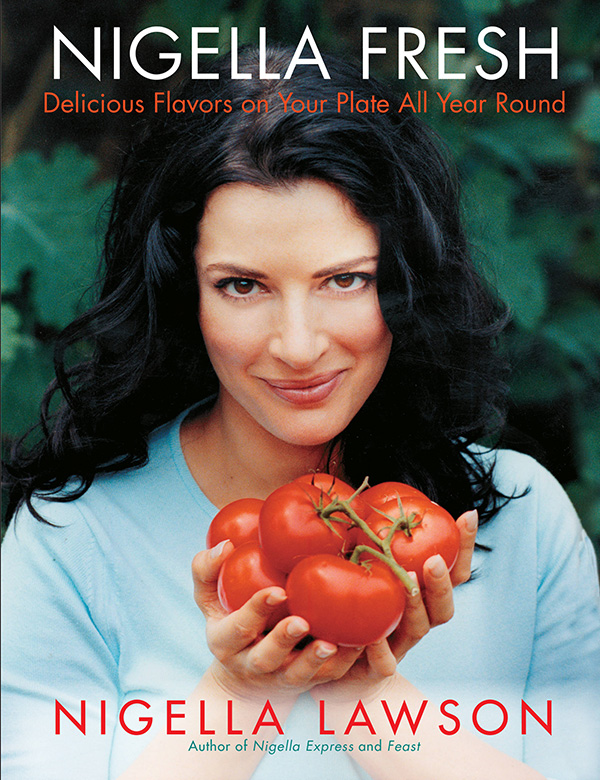Previously published as: FOREVER SUMMER
In the ideal world inhabited by the chef, there may indeed be a place for the lyrical insistence on using only those ingredients that the month in hand offers up to the market place, but my kitchen, my home, the way I cook, resists such purist strictures. For much as I love the idea of wandering out to the shops, basket dangling from my arm, to gather each new season's freshly ripened produce, I neither have the time to shop that way, nor the discipline - and, frankly, I baulk at such loftily imposed restraints. I shop and cook much as I eat, with greedy opportunism.
Seasonal cooking is anyway better suited to those who live in sunnier climates. Though I do cling gratefully to seasonality when I can, still, the fact remains, we need to make the most of what warmth is offered, and much of the time this needs to emanate from the kitchen rather than from the skies outside. Summer, then, is an idea, a memory, a hopeful projection. Sometimes when it's grey outside and cold within, we need to conjure up the sun, some light, a lazy feeling of having all the wide-skied time in the world to sit back and eat warmly with friends. I am not talking about creating some overblown idyll of perpetual Provencal summer, but of extending that purring sense of sunny expansiveness.
I shop and cook much as I eat, with greedy opportunism.
Summer food, even when eaten in deepest winter, contains within it the idea of simple cooking. But the best recipes are never blueprints, only ideas hungrily mooted. The ones in this book have come to me the way they always do, plundered from friends, from family, grown out of an idea of what might go with what. As the Australian food writer Maggie Beer has written, “cooking is all about osmosis – a mental note made about a flavour combination or a technique, a memory of a dish”.
Cooking is not just about applying heat, procedure, method, but about transformation of a more intimate kind; none of us cooks without bringing our own character to bear on the food in front of us. Just as the recipes that follow have been toyed with, changed, fiddled with to become my food, so I expect them to be remodelled in your own kitchen.
I have only one rule when I decide what to put in, what to leave out. However successful a kitchen experiment might seem to be, if I don't feel the urge to cook something again, and soon, I ditch it. The one-off spectacular is not my style, nor ever could be. And, if at any time I'm still wondering if this or that particular recipe is worth keeping, I set myself a scene: a friend, a reader, a fellow-mother at the school gates, is coming up to me, telling me that tonight she's going to cook my... If I'm not filled with impatient, evangelical enthusiasm at the imagined exchange, if that recipe doesn't inspire that same, unwavering, bossy confidence, then out it goes. I want to write only about the food I love, and I want you to love it, too.
Life has its difficulties, why add to them in the kitchen? And for all that my title archly conjures up that starlet's gushing hope – from the premiere scene in Singing in the Rain – that “if I've brought a little cheer into your humdrum little lives, it ain't all been in vain for nothin'”, it is not because I believe there is nothing but endless, unclouded blue sky in Nigellaland, but because I still believe that the kitchen is not a place you escape from, but the place you escape to.

